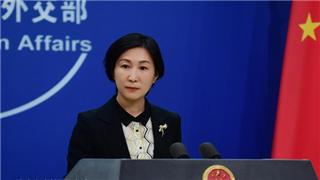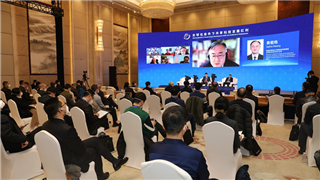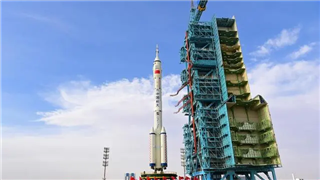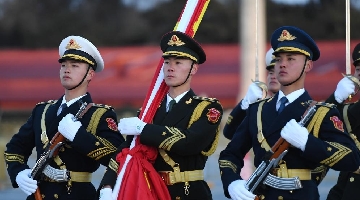By ZHANG YUNBI
Scholars have hailed the latest phone talk between China's new Foreign Minister Qin Gang and United States Secretary of State Antony Blinken, and they urged Washington to grab fresh opportunities to further repair relations and trust with Beijing in the new year.
While still in the US, Qin had a telephone conversation with Blinken on Sunday and bid farewell in his capacity as both foreign minister and ambassador, according to a readout of China's Foreign Ministry on Monday.
Qin, 56, who had assumed his post as Beijing's top envoy in Washington in July 2021, was appointed as foreign minister on Friday.
"I appreciate several candid, in-depth and constructive meetings with (Blinken) during my tenure. I look forward to continuing close working relations with him for a better China-US relationship," Qin wrote in a tweet after the phone call.
Blinken said in a tweet that they had discussed US-China relations and "maintaining open lines of communication".
The two also exchanged New Year's greetings during the call.
Scholars said the top priority in 2023 for the world's two largest economies is to avoid further deterioration of their relations and manage risks brought by sensitive issues such as the Taiwan question.
"It is a good thing in any sense for both countries and the world that the foreign ministers of China and the US interacted with each other at the start of the new year," said Chen Fengying, a senior economist and former director of the Institute of World Economic Studies at the China Institutes of Contemporary International Relations.
The year 2023 "should be a window period for cooperation between the two countries and the world, and this opportunity cannot be missed", she added.
Tension had not faded between Beijing and Washington by the end of 2022, given the latest approval by the US Congress of military aid to Taiwan and tense encounters by military aircraft above the South China Sea.
In addition, the US "has been pressuring its security partners", including South Korea, the Netherlands and Japan, to "comply with sweeping curbs on the sale of advanced semiconductors to China", according to Bloomberg News.
Senior Chinese and US officials have made several official contacts following the face-to-face meeting between President Xi Jinping and US President Joe Biden in Bali in November.
"However, whether China-US relations can usher in a window of opportunity for adapting to one another is still subject to the US policy toward China," said Wu Xinbo, dean of the Institute of International Studies at Fudan University.
Currently, the fundamental thinking of the US policy toward China has not changed, and the working team responsible for China affairs has not changed, he said.
"If the US fails to make significant adjustments to its China policy, 'managing differences' and 'avoiding crises' will remain in rhetoric rather than in practice," Wu added.
Wang Yi, the new director of the Office of the Foreign Affairs Commission of the Communist Party of China Central Committee, wrote in an article published on Sunday in Qiushi Journal, the flagship magazine of the Communist Party of China Central Committee, that "the two countries should properly perceive each other's domestic and foreign policies and strategic intentions".
The two countries should also "set a tone of dialogue and win-win approach rather than confrontation and zero-sum exchanges", Wang added.











